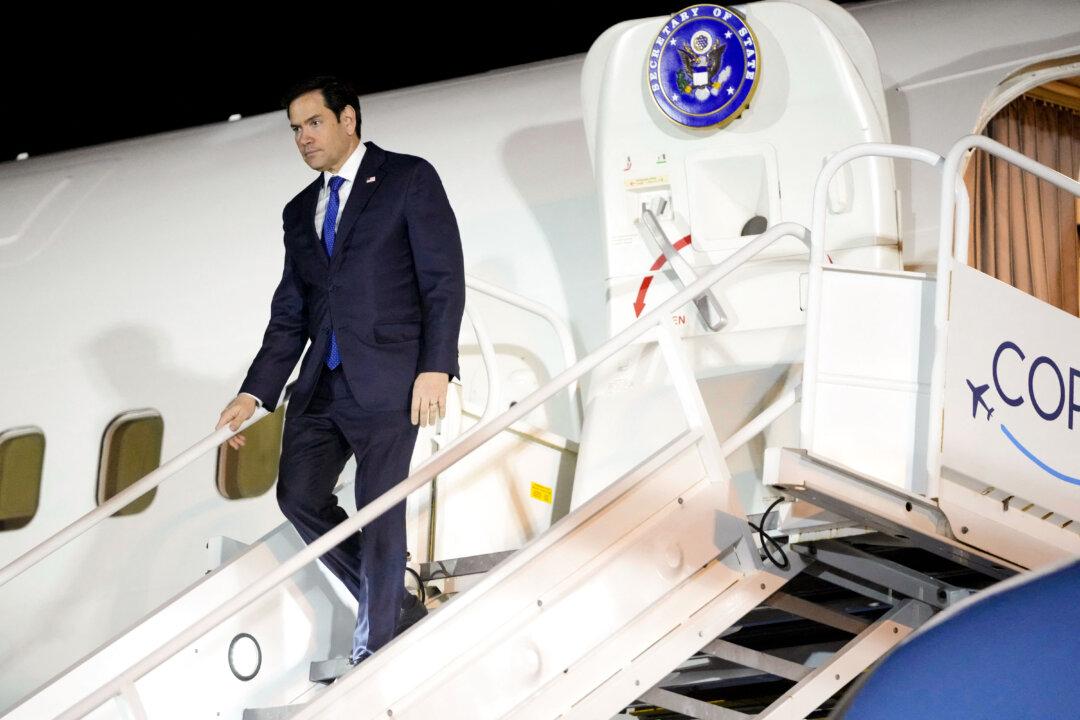U.S. Secretary of State Marco Rubio kicked off his trip to Latin America, arriving in Panama on Feb. 1, with a focus on the Panama Canal and China’s intrusion into the zone.
“Secretary of State Marco Rubio will travel to Panama, El Salvador, Costa Rica, Guatemala, and the Dominican Republic from February 1–6 to advance President [Donald] Trump’s America First foreign policy,” the U.S. Department of State said in a Jan. 31 statement.





